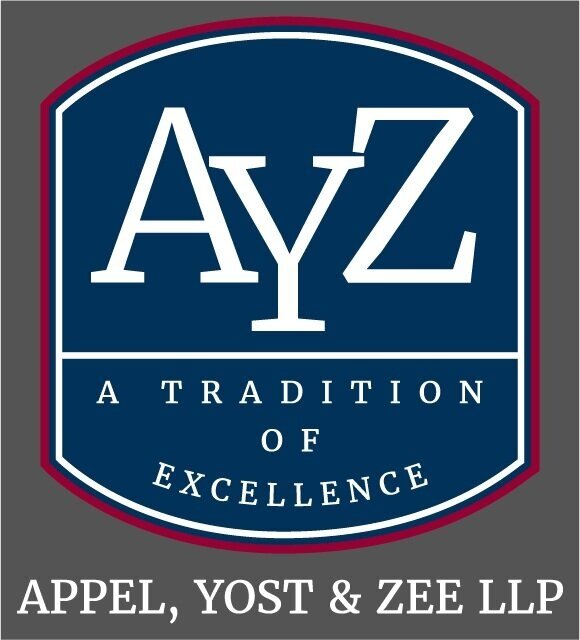PIAA Approves Name, Image and Likeness Policy for High School Athletes
By Megan E. Bomba
December 8, 2022
In 2020, The Supreme Court of the United States considered a case involving the compensation of college athletes and invalidated NCAA restrictions on educational benefits. Within the last year, several states passed laws in response, extending the Supreme Court’s decision to high school student-athletes. In turn, on December 7, 2022, The Pennsylvania Interscholastic Athletic Association (PIAA) Board of Directors passed its Name, Image and Likeness (NIL) policy through an amendment to its bylaws. Pennsylvania is the 21st state to adopt an NIL policy.
The Supreme Court case that prompted these new policies, National Collegiate Athletic Association (NCAA) v. Alston, did not expressly rule in favor of compensating college athletes. Instead, the majority opinion written by Justice Neil Gorsuch concluded that colleges and universities could validly offer education-related benefits to student-athletes as previously barred by the NCAA. Education-related benefits may include money for academic honor roll status, free laptops, and paid post-graduate internships.
The Alston case was originally filed in 2014 as a class action suit against the NCAA. The student-athlete plaintiffs argued that the NCAA’s restrictions on eligibility and compensation violated federal antitrust law by preventing them from receiving compensation for their labor. A California federal district court ruled that the NCAA could restrict compensation for non-education-related benefits but could not do the same for education-related ones. On appeal, the U.S. Court of Appeals for the 9th Circuit upheld the district court’s decision, which led the NCAA to petition the Supreme Court of the United States for certiorari, which it granted.
The Supreme Court affirmed the lower court decisions and held that the NCAA could not limit education-related benefits available to student-athletes. While the holding did not extend to non-educational-related benefits, Justice Brett Kavanaugh wrote a concurring opinion in which he questioned the remaining NCAA restrictions on student-athlete compensation. He noted that although these restrictions were not part of the Alston case, the Court’s majority opinion paves the way for future challenges to NCAA’s student-athlete compensation prohibitions. Justice Kavanaugh explained the NCAA is not above the law, and no other business in America can get away with not paying its workers a fair market rate.
Over the past year, states have extended the Alston decision to high school student-athletes, leading interscholastic associations to create their own guidelines for their school members. In July 2022, the PIAA began the process of approving its own NIL policy for high school athletes in the Commonwealth. The PIAA policy is modeled after existing NIL policies in California, New Jersey, and New York. PIAA Executive Director, Dr. Robert Lombardi, stated that these policies were chosen due to the states’ success in managing NIL deals.
The newly approved PIAA policy allows Pennsylvania high school student-athletes to enter into endorsement contracts and still maintain their amateur status. However, the PIAA policy bars student-athletes from referring to the PIAA or their high school teams in promotions, including wearing school colors or uniforms. In addition, the PIAA policy specifically prohibits student-athletes from promoting adult entertainment, alcohol, controlled substances and other drugs, gambling, or weapons. With regards to NIL negotiations, the PIAA policy disallows booster clubs, coaches, administrators, and alumni from assisting a student-athlete with an NIL deal.
The driving force behind the PIAA’s NIL policy is the desire to educate student-athletes and families about the endorsement process. As such, the organization plans to release educational programming in the near future.
Should you have any questions regarding the PIAA NIL policy, or any other student services-related questions, please do not hesitate to reach out to William J. Zee or any of the attorneys in the Appel, Yost & Zee Education Law Group.
